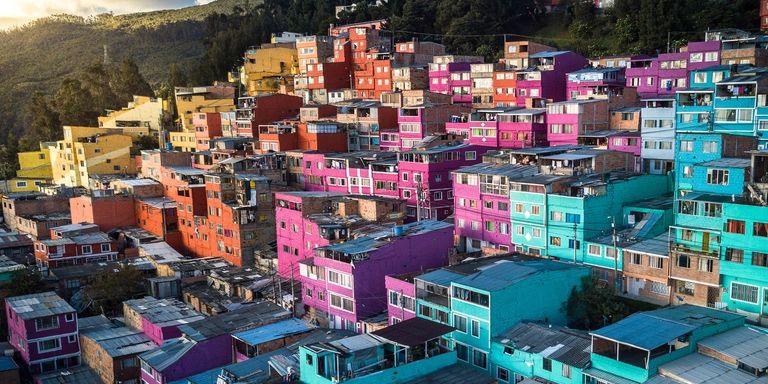The cities of Latin American and the Caribbean have enormous potential to promote economic growth, reduce poverty levels and address the challenges of climate change.
However, accelerated migration and urban sprawl, coupled with increased consumption of natural resources and lack of social inclusion, exacerbate urban challenges and hinder mitigation efforts. In this context, the “Housing and Urban Development Sector Framework Document” recommends policies and programs to enable the region's cities to:
1. Overcome structural social exclusion by improving underserved and informal neighborhoods, promoting access to adequate housing, and increasing the provision of safe public spaces for all;
2. Curb environmental degradation and enhance mitigation capacity by reducing air, water, noise, and soil pollution, and promoting resilience to disasters and climate change;
3. Increase urban productivity by supporting comprehensive urban infrastructure, streamlining urban regulations, and promoting innovation; and
4. Promote adequate urban governance by strengthening fiscal capacity and coordination between territorial units, data management, and fostering citizen participation.
To take full advantage of the magnitude of urbanization, it is necessary to coordinate actions between the different levels of government, local communities, and the private sector to implement comprehensive policies to preserve social cohesion, raise economic productivity, and develop fairer, more resilient, and sustainable cities.
Discover the topics in which we work to improve lives in Latin America and the Caribbean.
Explore our offices across countries and the work they do to improve lives.

